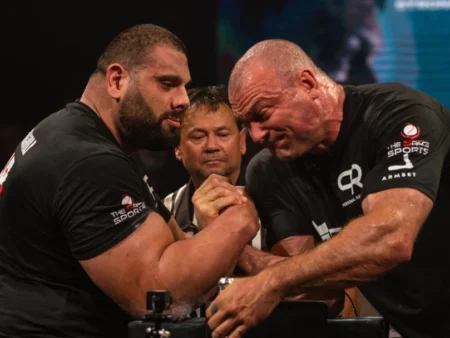The IOC was founded in 1894 at the first Olympic Congress in Paris aiming to promote international cooperation and peace through sports.
International Olympic Committee: history, evolution and functions
Key Takeaways
- The International Olympic Committee (IOC) was founded in 1894 at the first Olympic Congress in Paris.
- The IOC is the leader of the Olympic Movement and the guardian of the Olympic Games.
- The IOC has been instrumental in promoting international cooperation and peace through sports.
- The IOC has evolved over time, with milestones such as the first publication of the Olympic Charter in 1908 and the founding of the Executive Board in 1921.
- The current President of the IOC is Thomas Bach.
Introduction
The International Olympic Committee (IOC) is a non-governmental organization that is responsible for organizing and overseeing the modern Olympic Games. It was founded in 1894 at the first Olympic Congress in Paris, with the aim of promoting international cooperation and peace through sports. Since then, it has grown to become one of the most influential organizations in the world of sports.
Origins
The history of the Olympics dates back to ancient Greece, where sports contests were organized at Olympia every four years. These contests were known as the Olympic Games, and they continued until AD 393 when they were abolished by Emperor Theodosius I. It wasn’t until 1894 that the modern Olympics were revived, thanks to the efforts of Baron Pierre de Coubertin. He organized the first Olympic Congress in Paris, which led to the creation of the IOC.
History
Since its inception, the IOC has been instrumental in promoting international cooperation and peace through sports. It has also been responsible for organizing and overseeing every modern Olympic Games. Over time, it has evolved to become a more complex organization with a wide range of functions.
One of its key milestones was the first publication of the Olympic Charter in 1908. This document outlines the fundamental principles of Olympism, which include respect for universal fundamental ethical principles, non-discrimination, and human dignity. Another milestone was the founding of the Executive Board in 1921, which is responsible for implementing decisions made by the IOC.
Evolution
Over time, the IOC has evolved to become a more complex organization with a wide range of functions. Today, it is responsible for promoting Olympism around the world, organizing and overseeing every modern Olympic Games, and supporting athletes and National Olympic Committees (NOCs).
In recent years, it has also taken on a more active role in promoting social change through sports. For example, it launched an initiative called “Olympism in Action” in 2018 to promote social development through sport.
Functions
The IOC has several key functions. One of its primary functions is to promote Olympism around the world. This involves working with NOCs to promote sports and physical activity at all levels.
Another key function is to organize and oversee every modern Olympic Games. This involves working with host cities to plan and execute every aspect of the Games.
Finally, it supports athletes and NOCs by providing funding and other resources to help them compete at an international level.
Conclusion
The International Olympic Committee (IOC) is one of the most influential organizations in the world of sports. Since its inception in 1894, it has been responsible for organizing and overseeing every modern Olympic Games. Over time, it has evolved to become a more complex organization with a wide range of functions. Today, it is responsible for promoting Olympism around the world, organizing and overseeing every modern Olympic Games, and supporting athletes and National Olympic Committees (NOCs). Its commitment to promoting international cooperation and peace through sports makes it an important player on the global stage.
- Super Heinz Betting Explained - April 22, 2024
- Betting Strategies: Heinz Bet Explained - April 18, 2024
- What is a Yankee Bet and How Does it Work - April 17, 2024




